
In a significant move to combat climate change, the United Nations has declared 2025 as the International Year of Glaciers Preservation. This global initiative aims to underscore the urgent need to protect the world's glaciers, which serve as critical water sources and natural regulators of Earth's climate.
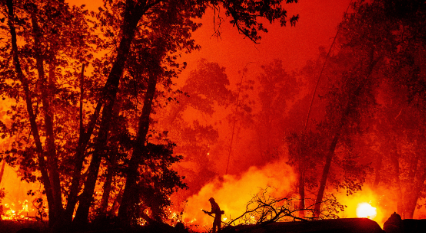
California, often described as a haven of natural beauty, has faced increasingly destructive wildfires in recent years. Experts point to climate change as a key factor exacerbating these infernos, particularly in Southern California, where devastating blazes like the Palisades and Eaton fires have wreaked havoc. These events have resulted in fatalities, injuries, and widespread destruction, leaving communities grappling with both immediate and long-term consequences.
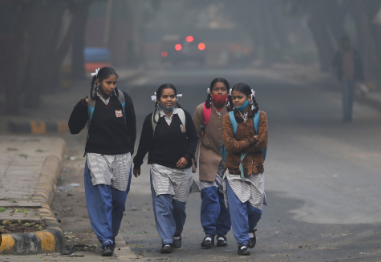
Delhi's air quality continues to deteriorate, with the Air Quality Index (AQI) remaining in the 'poor' category for the third straight day. Experts attribute this to a combination of unfavorable meteorological conditions, increased vehicular emissions, and seasonal factors such as stubble burning in neighboring states.
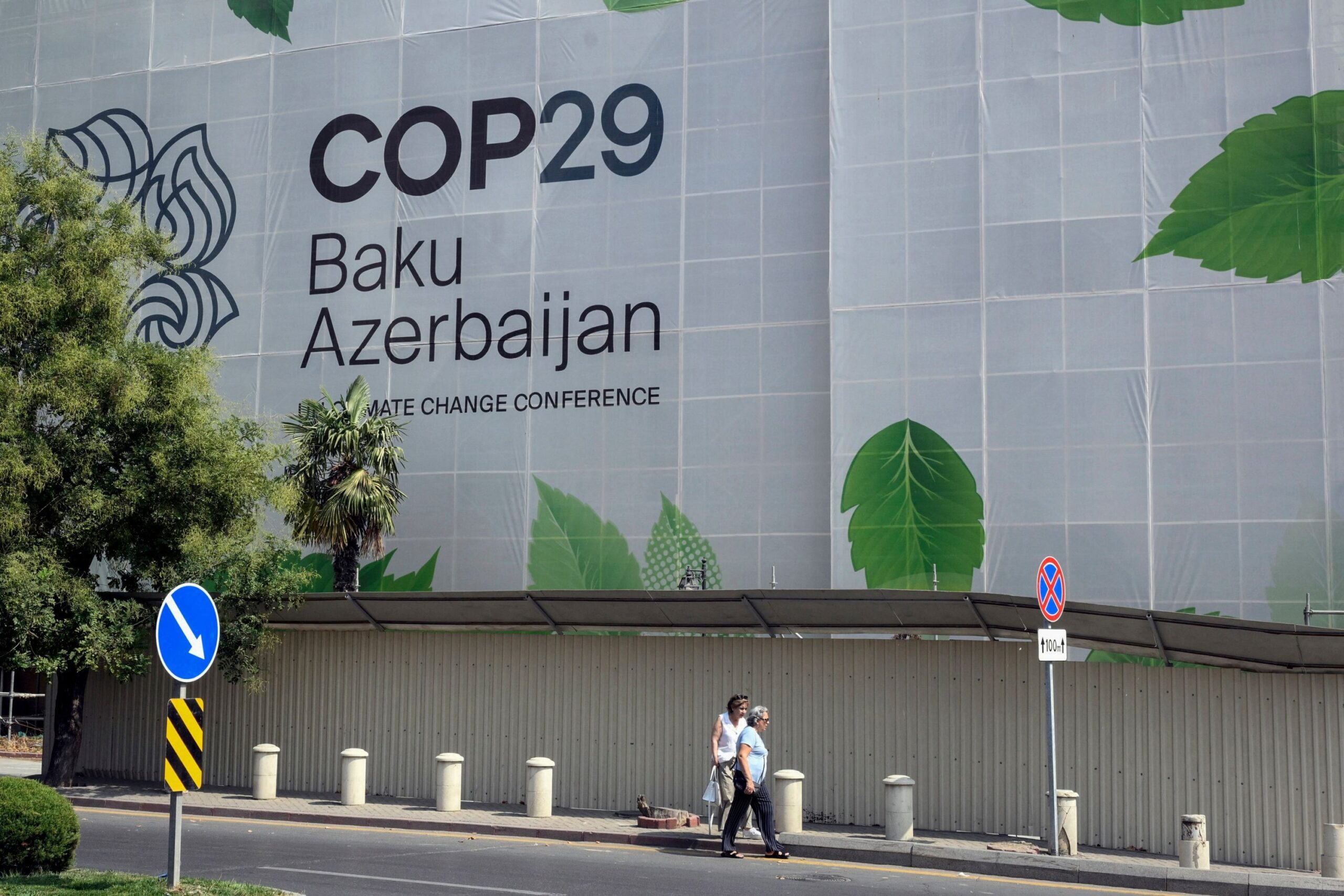
At the closing plenary of COP29, India strongly voiced its objections to the recently adopted climate finance package, calling it inadequate. India accused the conference presidency and the UN climate change office of pushing the agreement through without giving its concerns a chance to be addressed. India’s adviser, Chandni Raina, described the process as “unfair” and “stage-managed,” drawing loud applause from delegates and civil society representatives.
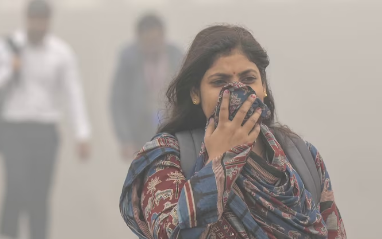
At COP29 in Baku, experts raised alarm over Delhi’s worsening air quality, describing it as a

At COP29, the UN Climate Change Conference held in Baku, Azerbaijan, India took a firm stance on advancing global climate action. Representing one of the world’s most climate-vulnerable yet proactive nations, India outlined a strategy rooted in equity, collaboration, and innovation. With the worsening impacts of climate change disproportionately affecting developing countries, India emphasized the need for equitable solutions that address the shared but differentiated responsibilities of nations.

Delhi is grappling with a severe air quality crisis as the Air Quality Index (AQI) crosses a staggering 1,500, signaling an emergency-level pollution situation. The city is now under Stage IV of the Graded Response Action Plan (GRAP), the most stringent emergency measure, as hazardous smog blankets the region. This extreme pollution has disrupted daily life, forcing schools to close for all grades except 10th and 12th, and prompting advisories for residents to stay indoors.
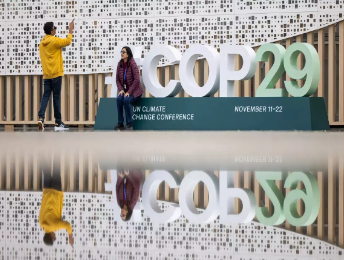
Two Class 10 students from Hyderabad Public School, Greeshma Kolichelimi and Arjun, are set to represent India at the 29th United Nations Climate Change Conference (COP 29) in Baku, Azerbaijan, starting today. Their selection as global leads under the UN Framework Convention on Climate Change (UNFCCC) followed their participation in the Decarbonise Global Child Climate Manifesto, a collaborative effort involving over 10,000 students from more than 75 countries. This manifesto articulates the youth's perspectives and demands concerning climate action.
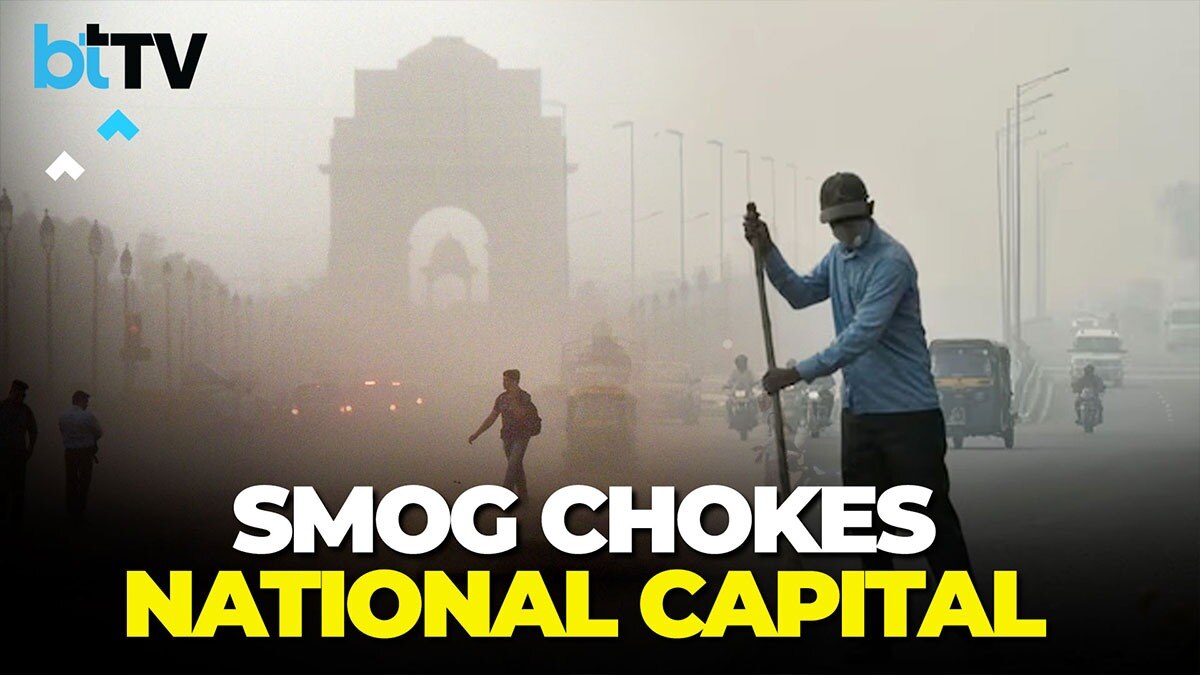
Delhi, India's capital, has once again ranked as one of the world's most polluted cities, with an air quality index (AQI) reaching around 400, classified as

The recent WWF Living Planet Report sheds light on global food consumption patterns, revealing that India's diet is among the most sustainable across major economies. This revelation holds great significance, especially for the younger generation, as it highlights the crucial link between food choices and the future of our planet.